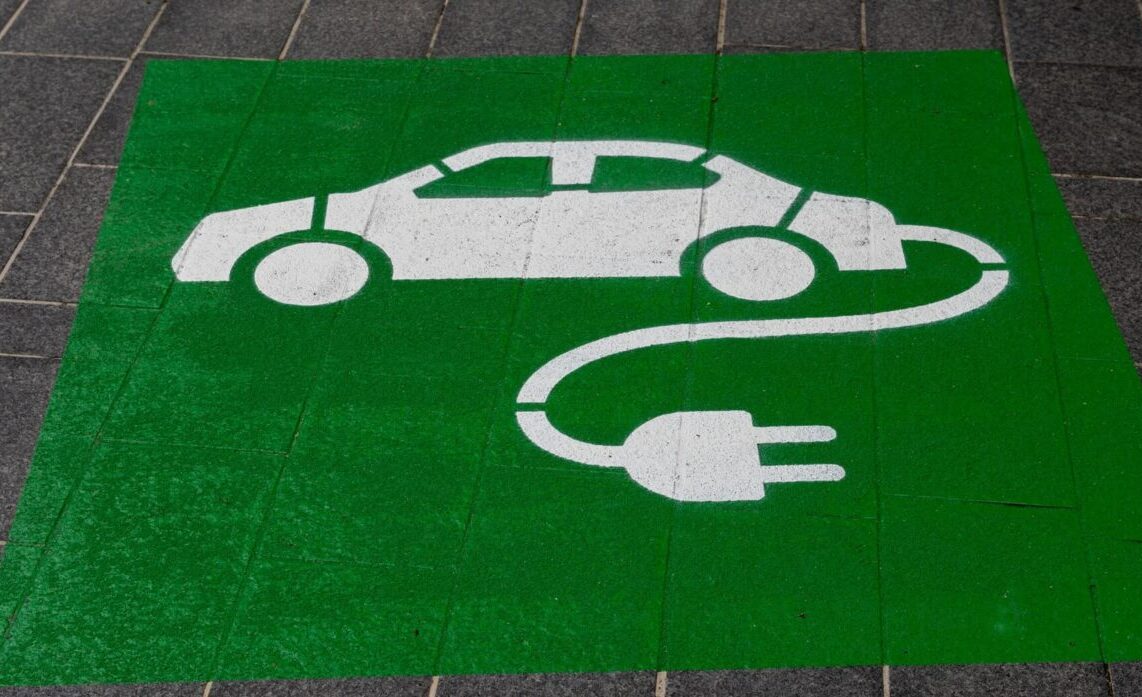5 Compelling Reasons to Switch to an Electric Vehicle

It’s becoming more and more apparent that electric cars are the future. With the price of oil going up and the desire to go green, people are beginning to look to other means of transportation. And with technology rapidly advancing, electric cars are getting better by the day. So, if you are still on the fence, here are a few compelling reasons to consider purchasing an electric car alongside a Nissan Leaf charger today.
Less Fuel Expenses:
It costs less for an EV driver to charge the car than for a petrol driver to fill up their vehicle. This is because charging an EV generally uses less energy than the amount used by petrol or diesel cars on average. Besides using a Nissan Leaf home charger, there’s plenty of charging stations available in public spaces these days, so it’s easy to recharge for long-distance trips.
Reduced Maintenance Costs:
In general, BEVs, such as Nissan Leaf, have lesser moving parts than a traditional petrol/diesel car, so servicing will be cheaper. EV batteries do get less efficient over time, so most manufacturers warrant them for a few years from the date of purchase. To be environmentally friendly, you may have to replace the battery in the vehicle in the future. On the other hand, PHEVs have a diesel or petrol engine, which requires more maintenance, so they will cost more when compared to a BEV.
Eco-friendly:
Well, this is the obvious benefit of switching to an electric vehicle. By purchasing an EV, you are helping the environment! Not only does it drastically reduce smog-producing pollution in the air, but it also helps reduce greenhouse gases as you charge your vehicle from the power grid.
Unlike petrol and diesel engines, the only emissions from an EV are actually from the power station that the vehicle gets its charge from. In fact, if you charge your electric vehicle with a Nissan Leaf charger at home powered by renewable energy (such as solar panels), your carbon footprint will be reduced significantly!
Protects Our Health:
Better air quality is good news for our health! EVs are beneficial for us because, well, they reduce the amount of harmful exhaust emissions like carbon monoxide, sulphur oxides and particulate matter that we breathe in every day. And it’s also true that electric vehicles are quieter than gasoline/diesel cars, which means they cause less noise pollution.
Reliability:
EVs are a clean way to get around town. You can charge them from local Nissan Leaf charging stations at a cheaper rate than filling up at the pump. And if fuel import to Australia was ever disrupted, an EV would still have the energy it needs to drive you home without any extra costs!
Electric vehicles are indeed the future. As EV technology continues to advance and more charging stations become available, we should see more and more people taking advantage of the benefits of electric cars.


